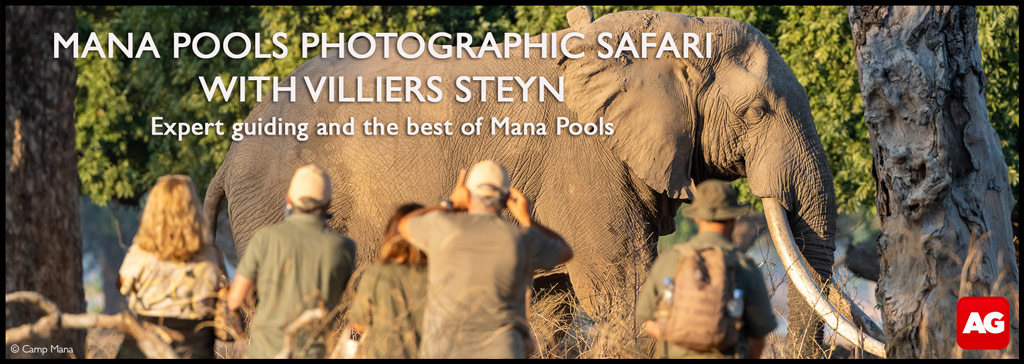
CEO NOTE: 06 November 2020
This is a copy of our weekly email newsletter. Subscribe here to receive the newsletter.
Interesting question: Is there any difference ethically in the KILLING FOR FUN of an apex predator of the oceans versus a free-roaming lion or leopard?
I ask because of my confusion stemming from a recent Facebook post by a respected wildlife activist. She posted a photo of herself triumphantly holding up the bloodied carcass of a yellowfin tuna she had just killed. She referred to the kill as a ‘bucket list’ moment, and she was clearly very enamoured with herself. Her friends were ecstatic and heralded her achievement as something quite extraordinary. The post and reactions were reminiscent of a trophy hunting post – based on the imagery and energy of the subsequent praise. Hence my confusion and question.
Note that I am NOT addressing sustainable harvesting arguments in this instance, nor the eating of the fish. Yes, I do eat fish and venison – when I know that they are sustainably harvested. My question is specific and relates to the selective way we experience and express our moral outrage over the killing of animals – what with her being a wildlife activist and all. I would welcome constructive and thoughtful responses to ceo@africageographic.com.
Our first story below will have you develop a new respect for ‘flatdogs’. Those of us who spend extended time in the bushveld know better than to hang about on the banks of water bodies, but few appreciate just how SPECIAL this prehistoric survivor is. In our second story, we provide rare images of a gorgeous STRAWBERRY leopard. Please note the bit at the end about protection against poachers and trophy hunting (sigh). And last in our list of specially-prepared stories (just for you) is an excellent question that could have some of you feeling a shade uncomfortable. Cycads are extremely popular garden features, and there is a massive COLLECTOR demand for large and rare individuals. You may be surprised at how many cycads in your neighbourhood were poached…
Story 1
https://africageographic.com/stories/here-be-dragons-the-nile-crocodile/
HERE BE DRAGONS: The Nile crocodile has evolved over millennia to be a cunning, patient and ferocious predator that is capable of taking down large prey – including humans
Story 2
https://africageographic.com/stories/strawberry-leopard-a-first-for-gauteng/
WOW ! The ‘strawberry leopard’ is a genetic rarity that seldom occurs, and is almost never seen. Well, one has now been seen and photographed in South Africa.
Story 3
https://africageographic.com/stories/cycads-are-you-living-next-door-to-a-poacher/
WELL, ARE YOU? Are you living next door to a poacher? The most endangered living organisms in the world today are not rhinos, elephants, or even pangolins …

Simon Espley – CEO, Africa Geographic
To comment on this story: Login (or sign up) to our app here - it's a troll-free safe place 
![]()






